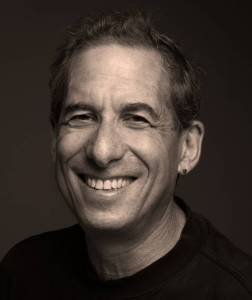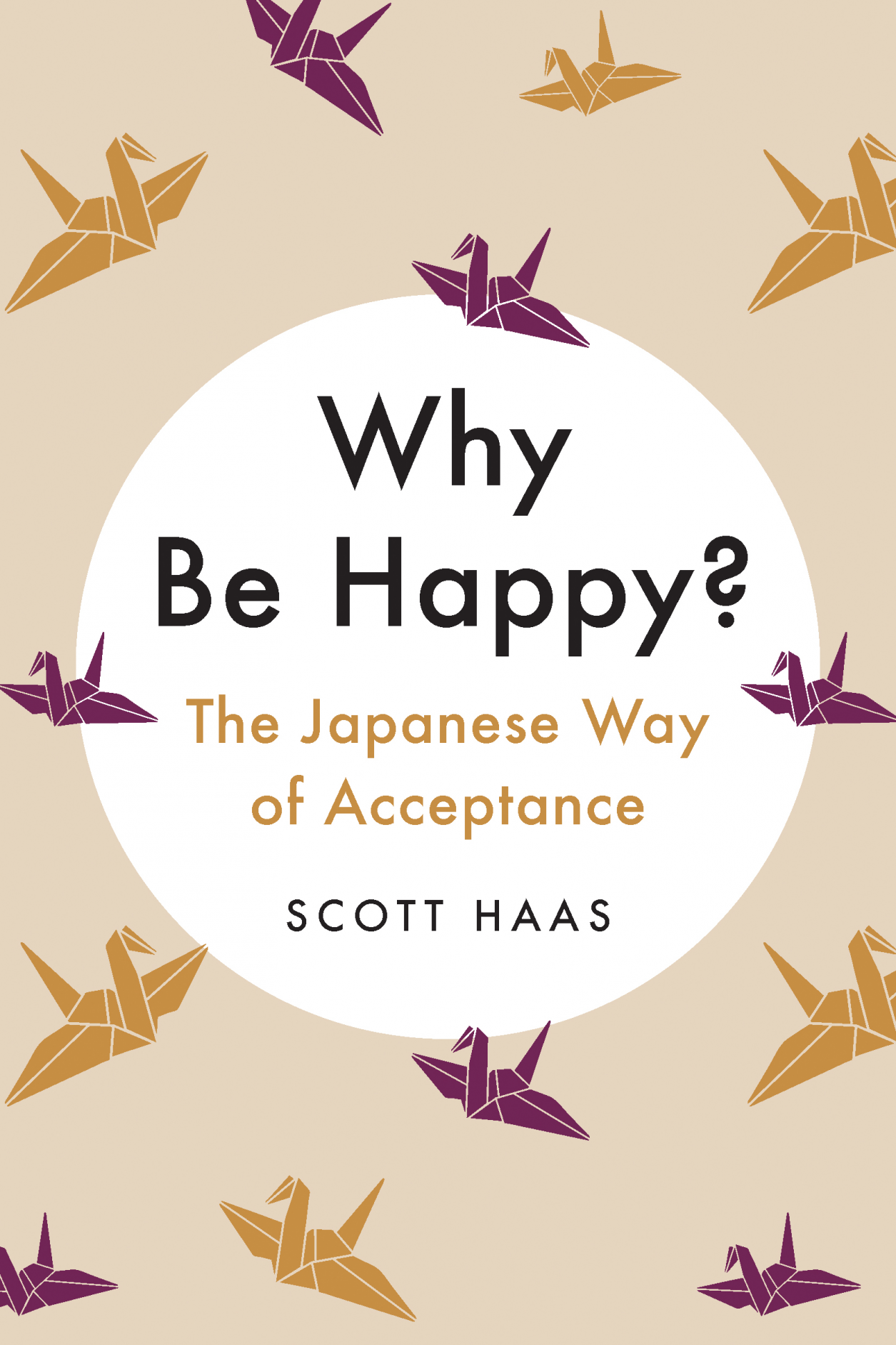Years spent visiting Japan changed my outlook on how I use space back home in the States. Like many people, I had tended to hold on to things, stretching back years, and while there is little or no utility or purpose to these things, I found it hard to let go.*
How could I throw out my Clash T-shirt from 1981? That was the summer I saw them perform three times, once in a mosh pit in Asbury Park with my ex-girlfriend’s kid
sister, Mary. If I threw that out, it would be like throwing out a part of myself, right?
My study was filled, floor to ceiling, with clippings from newspapers and magazines of important world events, articles I’d written while in college, books I would never read.
[ *If you are thinking about Marie Kondo, sumimasen — just hold on to your broom for a few minutes.]
Hats, shoes, small appliances, knickknacks, and souvenirs. Each one had a memory that I could call up. Like the little clay hippie figurine holding a sign: “Fight Hate.” My mom and I had gone to a home where a woman and her son were selling what we used to call “novelty items,” which my mom wanted to pick up as party favors. The son wore a dress and makeup, something I’d never seen a man do before, and that afternoon is indelible.
Or the little red tin that had held cigars from a trip I had made with my dad to Holland ages ago. He had rented a car, handed me a map, and put me in charge of getting around. He didn’t care where we went as long as we could find a small hotel with rooms available by mid-afternoon.
If I got rid of these things, would I forget who I had been and the people who had been there with me? Well, maybe so. Could be that’s the point. Letting go of things might be a healthy decision. Move on. Then I could better attach myself to the present. Reminders that prompt memories get in the way of accepting the present.
What was I afraid of now? Why look back?
Don’t look back. I also thought about what I want and what I would do to get it. What would I give up to get more? What demands would I place on myself, what demands would I obey, in order to acquire more stuff ? How much stuff did I need?
How do you know when you have enough stuff ?
The more I thought about it, the more I realized I wanted less, and I was happier not just with less, but with not wanting more. That’s not a realization that came overnight. It took, oh, let’s say, the better part of a decade, but once I accepted it as true, it led to change.
I went to Staples and bought a half dozen big, clear plastic containers, and dumped all sorts of detritus into them, and stored it all in the cellar for now. I promise to get rid of it one day. I promise!
A little bust of Abraham Lincoln, my schoolboy world globe, countless index cards with indecipherable writing, and so on. But I also threw out lots of stuff. I would say I threw out about four times more things than what I kept. I let go.
I felt cleansed. I felt like a free human being. I felt better able to accept loss as necessary in order to acquire well-being. My study, following this cleansing, was nearly empty. A tall desk typically used by architectural drafts people, a tall chair, a comfortable chair for reading, two lamps that are usually used in photography studios, an original movie poster in Japanese of High and Low, the birth announcements of my two children, a map of the Tokyo subway system, and, OK, piles of books. Most everything was gone. It wasn’t quite a “contemplative space,” but it was the emptiest room I’d ever made for myself.
Now a few words about cleaning up. I swear, and I imagine you won’t believe me, but I had not heard of Marie Kondo until after I showed this chapter to a friend and she pointed out that, um, Marie was there long before me and most of us seeking to get rid of clutter. So all credit to Ms. Kondo and her book The Life-Changing Magic of Tidying Up. Nothing but respect.*
Those of us in the worldwide Clean-Up Crew† agree: There are great benefits, psychologically and emotionally, to emptying out our rooms. What else might change as a result of living in the present with fewer reminders of the past?
Did I really need a new iPhone with every iteration? Why buy more clothing? Why buy more anything?
This business of having more raises questions about risks and benefits. What are the benefits of having more? What are the risks? Maybe it’s preferable to enjoy what you have rather than acquire more in order to try to feel better. How much better can you feel? How much do you lose of your- self while trying to get more in order to feel better about yourself?
Free of most things in my study, I discovered that it wasn’t that I was losing my past. On the contrary, now the past was in me; now the past was unseen; now I was the past. It was a great way of accepting change.
* A BBC report notes: Kondo is far from the only one advocating this simpler, tidier lifestyle. In the UK, Sophie Hinchliffe, better known as Mrs. Hinch, has been demonstrating to her Instagram followers and TV viewers how having a cleaner, tidier home can lead to a better life, while in California, professional organizer Beth Penn has written a book and set up her own company to help people sort out their stuff. There are dozens of other books and de-cluttering services to be found with a quick search of the internet. When our surroundings feel full, it can also make us feel more anxious and stressed, with one study by psychologists Rena Repetti and Darby Saxby at UCLA finding mothers living in messy houses had higher levels of the stress hormone cortisol.
† The first rule of Clean-Up Crew is there is no Clean-Up Crew.
Arata Isozaki, the 2019 winner of the Pritzker Architecture Prize, may have said it best: “Like the universe, architecture comes out of nothing, becomes something, and eventually becomes nothing again. That life cycle from birth to death is a process that I want to showcase.” His words apply to life outside of his field, and his eighty-seven years inform his observations. These observations are about acceptance of loss and temporality while at the same time an invitation to participate and contribute to the world.
Taking inspiration from this master architect, it’s possible to envision ways to express observing what’s around me rather than imposing my particularities. The nothingness is a sign that one day I’ll disappear, too. Recognizing and using that awareness of a void shows acceptance rather than resistance to or denial of this natural inevitability. When Isozaki refers to birth and death, he is implying a kind of renewal.
Why pretend otherwise by filling up rooms with detritus? Why deny death through accumulation? All that stuff implies you’re going to be around to enjoy it for a long time, but in fact you’re here today and . . .
Excerpted with permission from Why Be Happy? (Hachette Go, July, 2020). https://www.hachettebooks.com/titles/scott-haas/why-be-happy/9780738285498/
 Scott Haas is a writer and clinical psychologist and the author of four books. The winner of a James Beard award for his on-air broadcasts on NPR’s Here and Now, Scott holds a Ph.D. from the University of Detroit and he did his doctoral internship at Massachusetts Mental Health Center, a Harvard Medical School teaching hospital. He works in Japan three to four times each year.
Scott Haas is a writer and clinical psychologist and the author of four books. The winner of a James Beard award for his on-air broadcasts on NPR’s Here and Now, Scott holds a Ph.D. from the University of Detroit and he did his doctoral internship at Massachusetts Mental Health Center, a Harvard Medical School teaching hospital. He works in Japan three to four times each year.




















